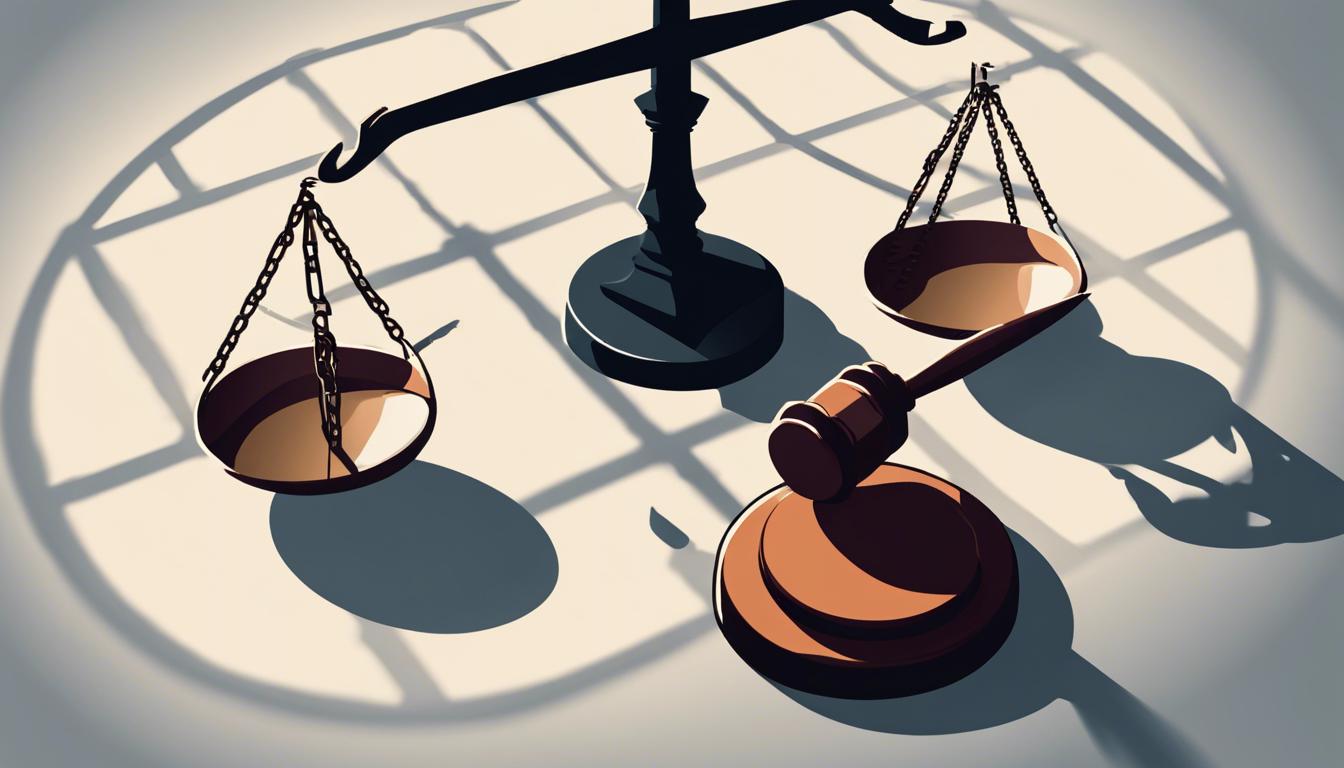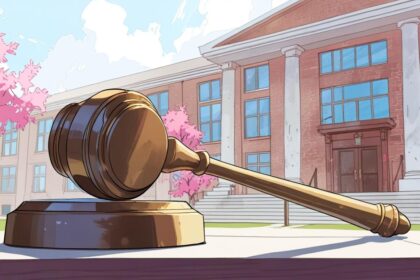As Brian Dorsey’s execution looms, his legal team’s plea for clemency, citing rehabilitation and potential rights violations, highlights the complexities of the American death penalty system.
Brian Dorsey, a death row inmate in Missouri, is at the center of a significant legal and ethical debate concerning the American death penalty system. Dorsey was convicted for the 2006 murders of his cousin and her husband. As his scheduled execution approaches, his attorneys have made a multifaceted plea for clemency, spotlighting his rehabilitation, the potential violation of his eighth amendment rights, and issues regarding his initial legal representation.
Arguing that Dorsey has shown exemplary behavior while on death row and citing his drug-induced psychosis at the time of the crime, his legal team and supporters—including over 70 correctional officers and a judge—have urged the US Supreme Court to halt the execution. They question the penological value of executing a person they consider fully rehabilitated. Additionally, concerns have been raised about the possibility of a “surgery without anesthesia” to find a suitable vein for lethal injection, given Dorsey’s obesity, diabetes, and history of drug use. This method, known as a cutdown procedure, potentially threatens to infringe upon Dorsey’s religious rights in his final moments and has been criticized as inhumane.
In response to these concerns, a settlement has been reached with the state to minimize the risk of suffering during the execution, although the specifics of the agreement have not been disclosed. Despite this, appeals for commutation to a life sentence continue, backed by various individuals and groups including former Missouri Supreme Court Justice Michael Wolff. The case has drawn attention to larger issues within the criminal justice system, such as the adequacy of legal representation for capital defendants and the ethical challenges of execution protocols.
As legal challenges persist and the community awaits the governor’s decision, Dorsey’s case serves as a focal point in the ongoing discourse on the death penalty, ethics, and rehabilitation in the criminal justice system.













